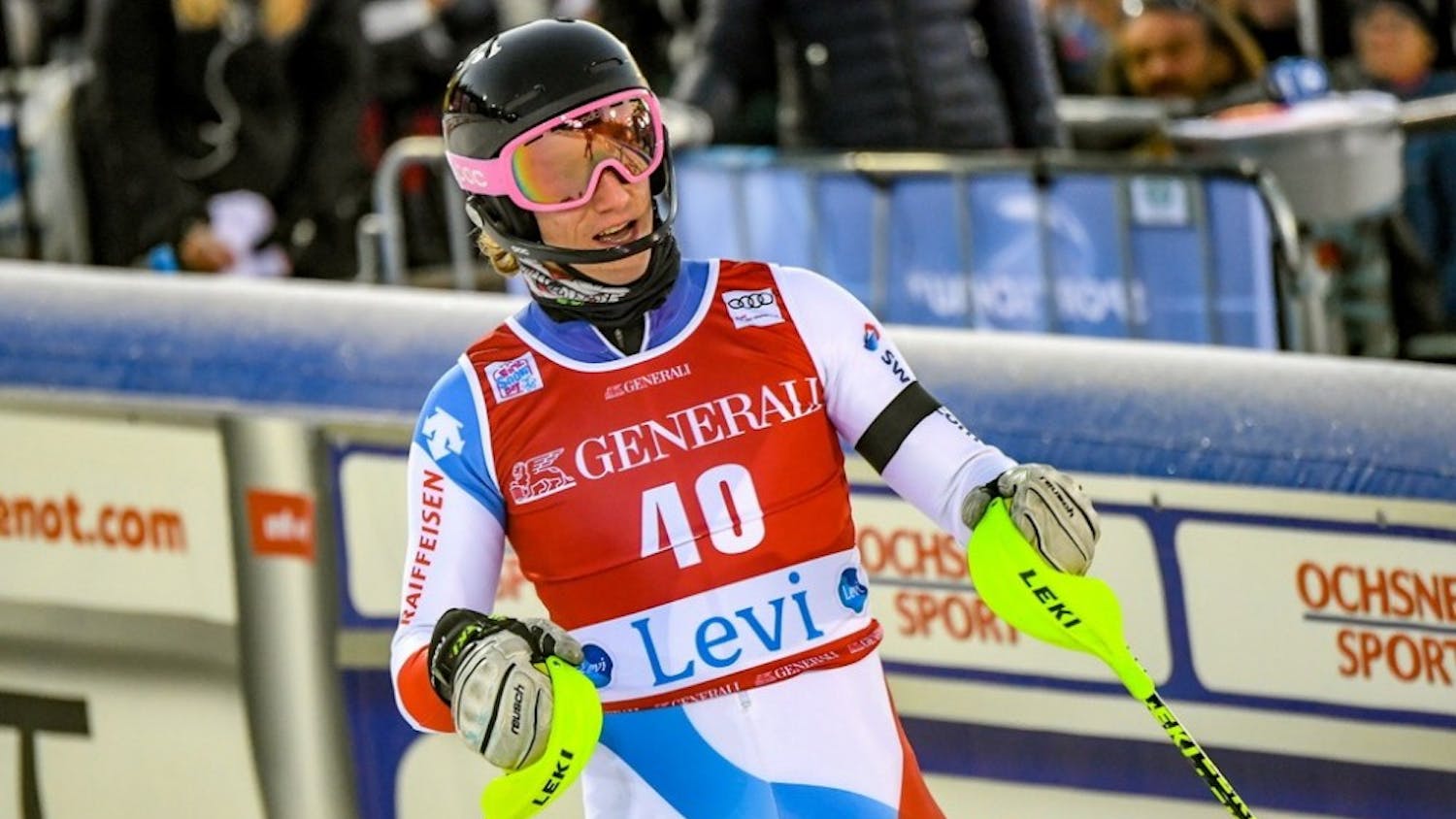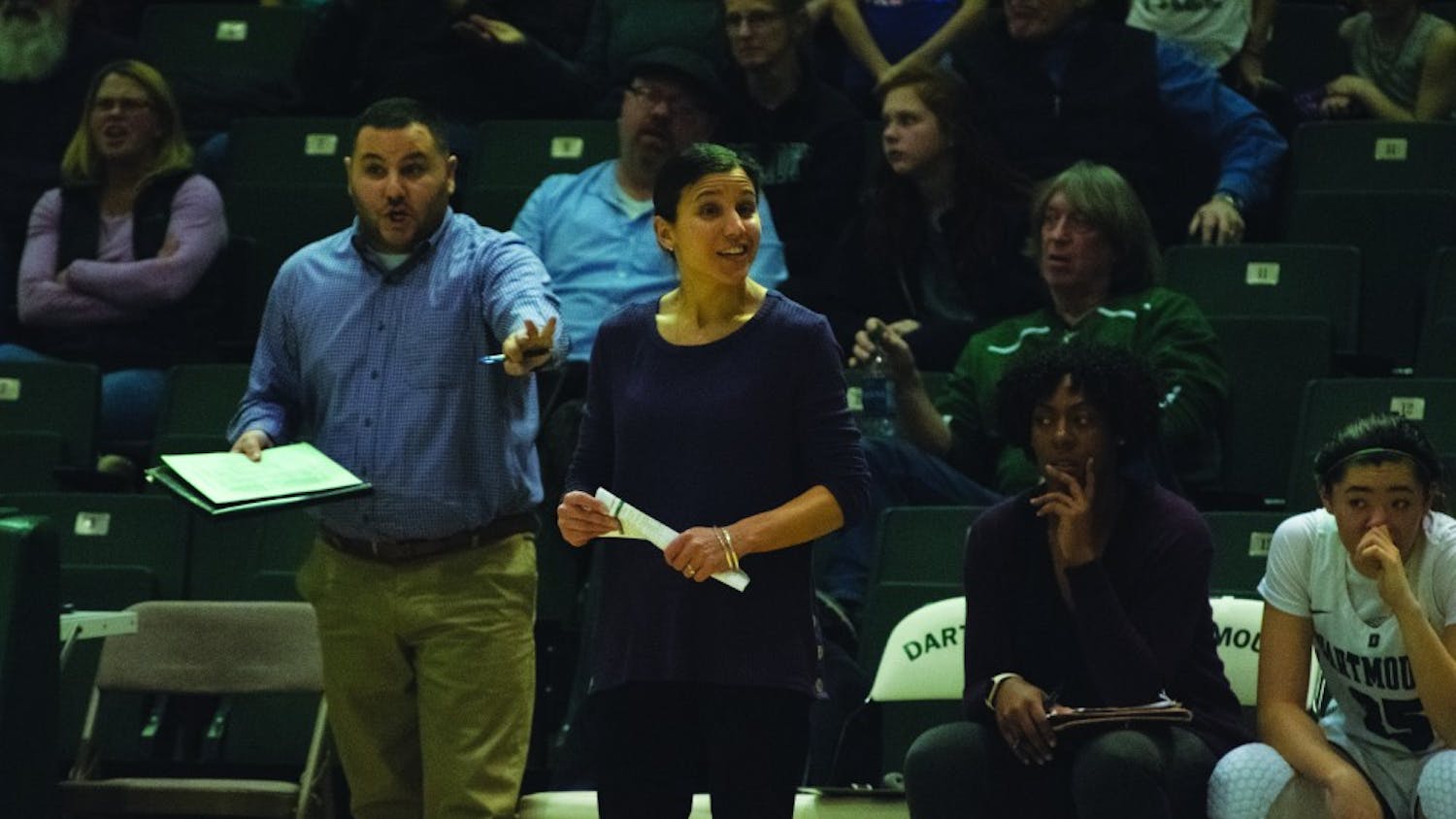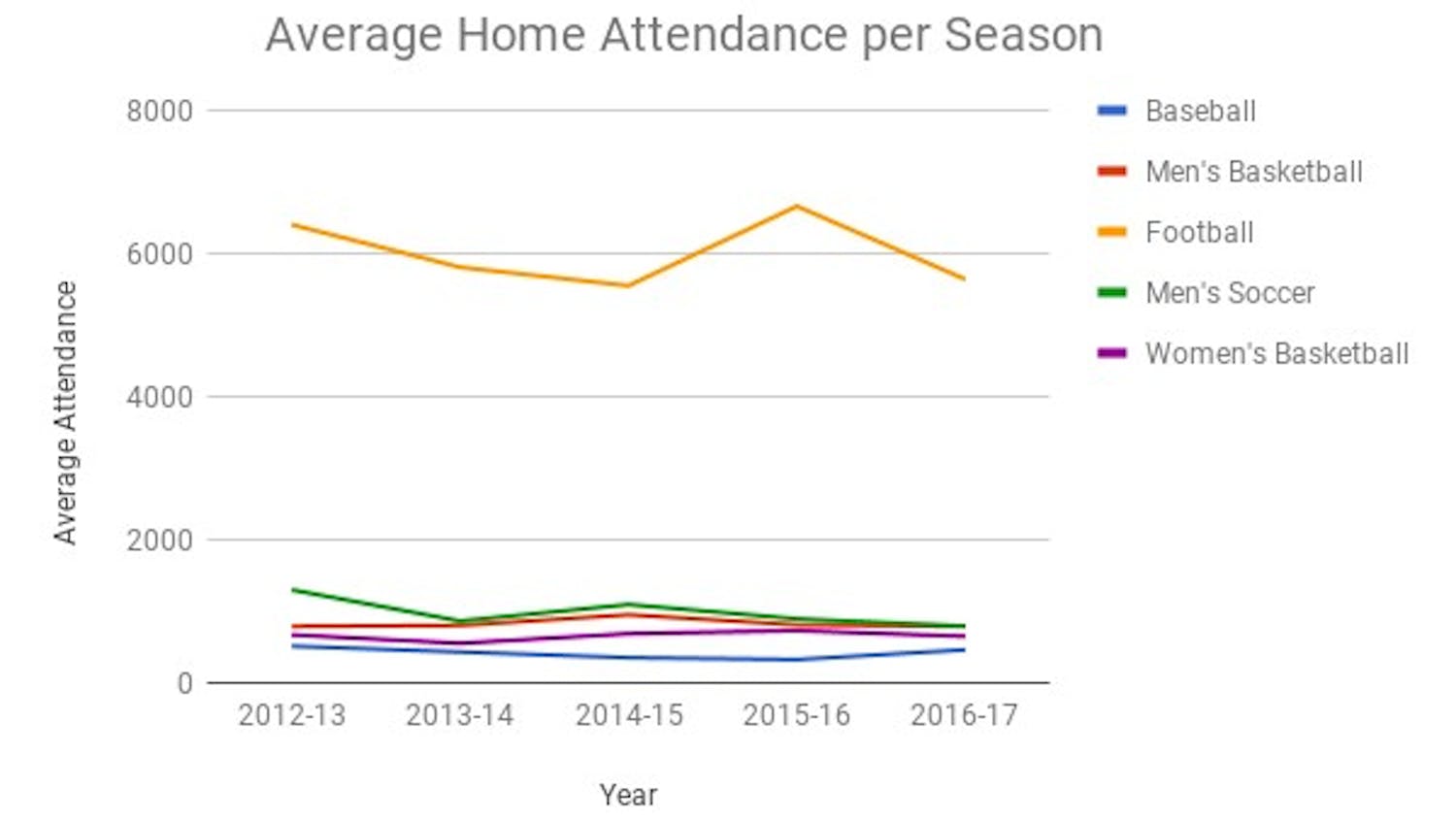This fall, the Dartmouth football team captured yet another Ivy League championship. The Big Green’s 9-1 run included a Hail Mary against Harvard University that even the least enthusiastic fan could appreciate and a historic matchup against Princeton University at Yankee Stadium. But while the football team plays a widespread, well-known activity, not all of the other 34 varsity sports and extracurriculars offered at Dartmouth are as universally accessible as football.
The problem is not the number of sports that are offered, but who gets to play. While it’s easy to appreciate all of the incredibly talented individuals we go to school with, it is even easier to forget that only a tiny fraction of the population gets the chance to even attempt those activities, let alone excel at them.
The issue I’m pointing to is simple — through a combination of socioeconomic advantage and geographic good fortune, some activities are better available to elite Americans than to the average high schooler. According to the National Federation of State High School Associations, the top 10 most popular sports in the country are basketball, track and field, volleyball, baseball/softball, cross country, football, golf, soccer, tennis, and swimming and diving. But what about all the other sports and extracurriculars at Dartmouth?
According to a study about athlete admission at Harvard published in September, extracurricular participation (and not just legacy and donor preference) serves as a proxy for being white and affluent at an incredibly high rate. While admissions offices use sports and other activities to interpret an applicant’s work ethic, we often forget that in order to excel you have to be lucky enough to grow up in a situation in which you can pursue your activity in the first place.
To repeat: in order to be recruited to play any sport, you have to grow up somewhere with opportunities to play it. Through this paradigm, the football and basketball teams are the picture of egalitarianism, because just about everyone goes to a high school where at least one of those sports is offered. But when it comes to skiing, rowing, sailing, equestrian, field hockey and squash (to name a few), not everyone is fortunate enough to attend a school where those sports are offered, nor can everyone afford the equipment and facilities it takes to play them.
But if the College funds a team, the team has to be filled out. And maybe it is that fact which helps explain why the NCAA’s demographic data shows that 59 percent of student-athletes in the Ivy League are white. For a sport like sailing, of the 391 NCAA participants in the 2017-18 academic year, exactly ONE student was black. For equestrian teams in the same year, a whopping 1,215 out of 1,394 students were white. I think you get the idea at this point, but just one more: of the 818 NCAA skiers, ONE student was black. As a kicker, if you go to an elite school like Dartmouth that doesn’t hand out athletic scholarships, only athletes who can pay can play.
The problem certainly isn’t just isolated to sports, although they are the best example of extracurriculars that require organization, funding and coaching. For me, competitive policy debate in high school provided a clear path to Dartmouth that I never would have had access to otherwise. I wouldn’t have been able to participate if it weren’t for incredibly active parents and volunteer support by my family and our community. Only someone lucky enough to have parents with the resources to pour into a unfunded activity could have had the opportunity I did, and the implications of that luck can be extremely significant.
Crucially, this is not an argument that anyone here does not deserve their place at Dartmouth, and definitely not that anyone pursuing these activities doesn’t work their butts off. Rather, it is a reminder that we should appreciate how lucky we were that our paths included activities that predisposed us to be compatible with this institution’s organizations. Most of us were fortunate enough to get to work hard within circumstances that made it interesting and enjoyable to do so. But not everyone got that chance, and they are no less worthy than the rest of us.



